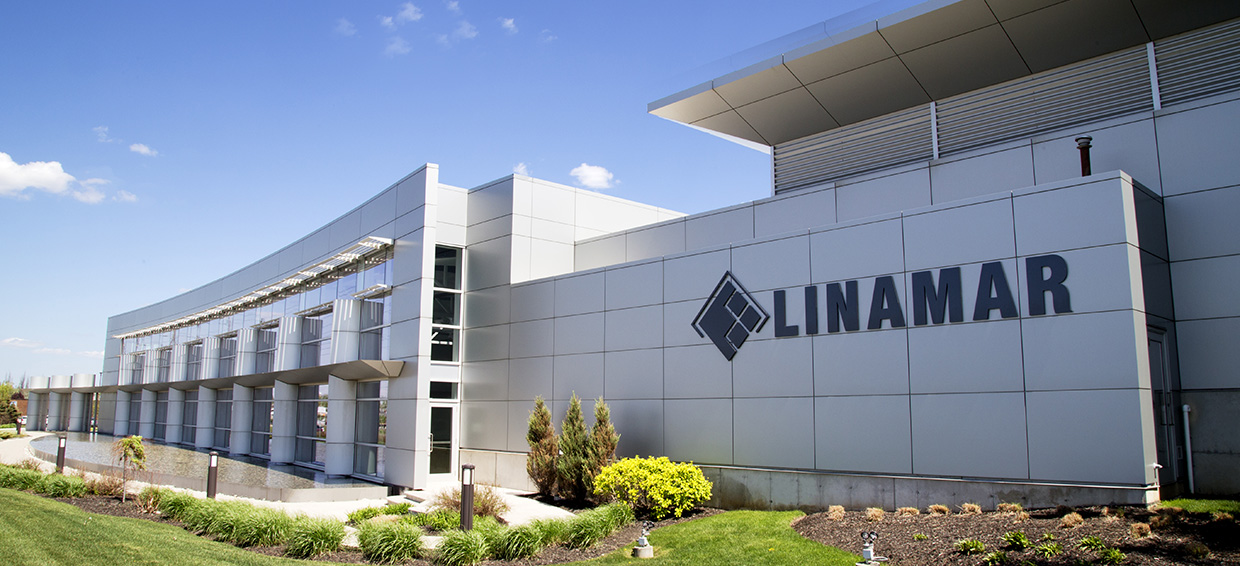HMRC engages San Fransisco-based ‘blockchain intelligence’ firm TRM Labs


HM Revenue & Customs (HMRC) is working with a San Fransisco-headquartered ‘blockchain intelligence’ company to help the fight against crypto-enabled money laundering.
TRM Labs is being used by the UK’s tax, payments and customs authority to provide what is referred to in a contract award notice as ‘cryptoasset investigation services’.
HRMC’s engagement of the company, which uses blockchain technology to monitor and investigate fraud and financial crime in digital assets, follows a procurement process reported by Global Government Fintech in June last year. ‘HMRC [is] considering the future of cryptoasset investigation services and would like to invite suppliers to provide an in-depth overview of the types of crypoassets and cryptoasset investigation tools and ancillary services in the markets, as well as some strategic insight as to what this fast-growing market may evolve into as it matures,’ a prior information notice stated.
‘While traditional money laundering methods are still favoured by criminals, technology is transforming the financial services landscape,’ the notice continued. ‘With the growth of the digital economy, money launderers are looking to exploit these new technologies due to their increasing prominence, their relative ease of use and most importantly the consistent lack of transparency.’
TRM Labs’ contract includes the provision of ‘analytical or scientific software’ and ‘investigation and security services’. It has a value of £288,000 (about $375,000) and will run until 1 April 2025, according to the award notice.
CRYPTOASSETS: EXPLAINED Cryptoassets (typically shortened to ‘crypto’) comprise a diverse, quickly evolving and often controversial class of assets, including cryptocurrencies such as bitcoin, as well as non-fungible tokens (NFTs). They typically use some type of distributed-ledger technology (DLT) or blockchain.
Crypto’s opportunities and risks
TRM Labs describes its business (on its website) as ‘blending blockchain data with advanced analytics to help financial institutions and governments fight fraud, money laundering and financial crime’.
The company has also recently landed a smaller-value contract with the UK’s Financial Conduct Authority (FCA). ‘TRM Labs licences are being procured to assist Market Interventions – Digital Assets with the identification of criminal cryptoasset activity,’ the FCA contract award notice states. This contract has a total value of £37,170 (about $49,000) and runs to March 2025.
TRM Labs’ website states that its team ‘believe cryptocurrency will democratise financial services for the world’ and will more open, efficient and interconnected global financial system… benefit[ting] people – from an unbanked migrant worker in the US, to a shop owner in Venezuela, to a teenager in Japan who starts saving with in-game digital assets’. But it warns that ‘crypto will also introduce new global risks’. Its website states that ‘the same properties that make it [crypto] a force for good – decentralised, programmable, and having instantaneous value transfer – can also make it susceptible to financial crime and fraud, which can harm our financial system at unprecedented speed and scale.’
HMRC’s appointment of TRM Labs is not the first time that the department has inked a contract with a US-based company operating in a similar ballpark. As previously reported, New York City-headquartered ‘blockchain data platform’ company Chainalysis had a contract with a value of £844,604 (about $1m) for the provision of a ‘cryptocurrency investigation tool’ and running to 31 March 2024. The FCA also had a contract worth £399,204 with Chainalysis from July 2022-June 2024 focused on the analysis of cryptoasset blockchain data.
The prior information notice that ultimately led to TRM Labs’ appointment by HMRC had stated that the department had envisaged awarding a 12-month contract with an ‘estimated total value’ of £1.8m (about $2.27m). Although this value suggested a more-than-doubling of spend (compared to Chainalysis’s contract), Global Government Fintech understands that the £1.8m was a proposed maximum two-year spend should the awarded contract be renewed for one year.
RELATED ARTICLE HMRC steps up efforts to trace ‘suspicious’ crypto transactions – a news story (28 April 2023) on the Chainalysis contract award (as mentioned above)
NCA: crypto-related criminality on rise
The National Crime Agency (NCA) has just published its ‘National Strategic Assessment 2024 of Serious and Organised Crime’, which warns that cryptoassets are ‘increasingly used to launder non-digital proceeds of crime such as cash, and are acquired via increasing levels of cybercrime, such as theft, malware, and ransomware.’
Using proprietary software for cryptoasset analysis is just one of the tools, alongside – for example – reviewing legislation and upskilling investigators, being used by the government to keep pace and adequately respond to what is a rapidly developing area.
HMRC’s efforts to combat fraud are led by its Fraud Investigation Service (FIS), which was set up in 2016 and is responsible for civil and criminal investigations into the most serious fraud, money laundering and wrongdoing.
In November 2023 the department published a ‘Tell HMRC about unpaid tax on cryptoassets’ webpage that provides guidance on making a voluntary disclosure of unpaid tax if people have income or gains from cryptoassets, including exchange tokens, non-fungible tokens (NFTs) and utility tokens.
link

:max_bytes(150000):strip_icc()/GettyImages-2180899837-76a28f7fb80044789d3969c64562161f.jpg)




